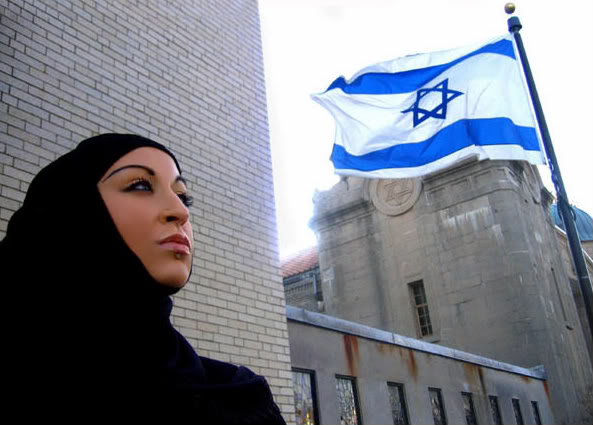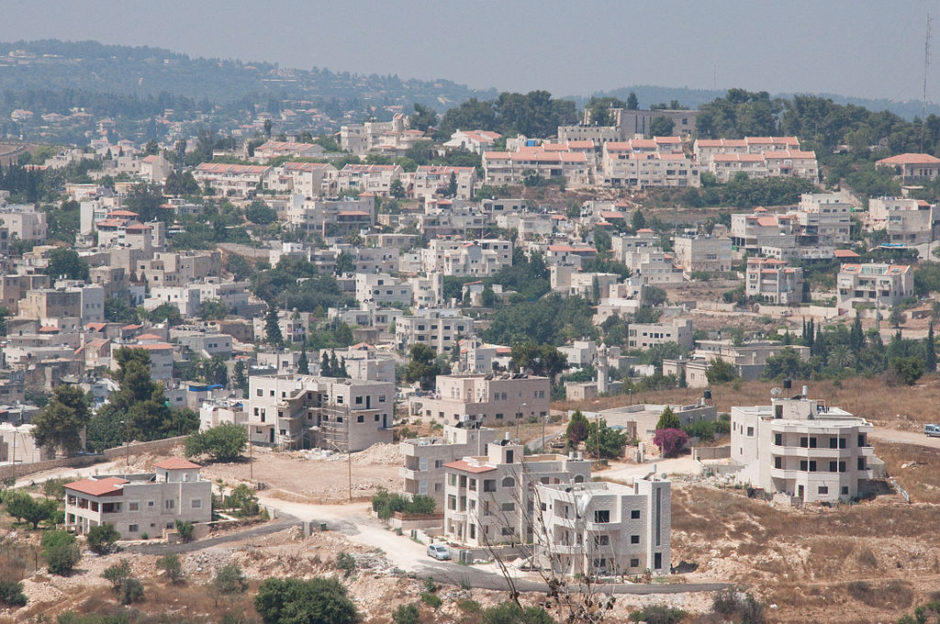On October 11, 2015, Alaa Raed Ahmad Zayoud, an Arab citizen of Israel and a resident of Umm al-Fahm, drove his car into a soldier and gravely injured her. He then stabbed three others in the vicinity, inflicting light to moderate injuries on his victims. The attack took place northeast of the city of Hadera, during a wave of stabbings, shootings and car rammings that seemed to be the harbinger of a third Palestinian uprising.
Zayoud initially claimed that the collision was an accident and that the stabbings constituted an act of self-defence. But under further questioning by police, he admitted that his attack had been “nationalistically motivated.”
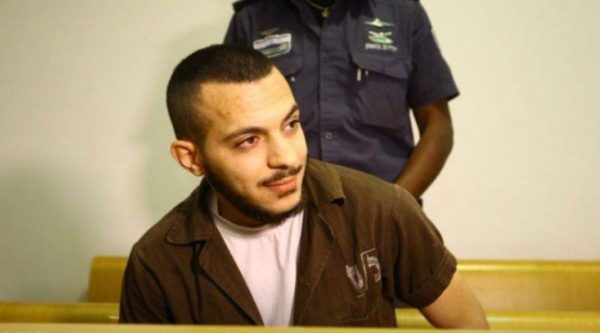
In other words, it had been an intentional act of terrorism.
Zayoud paid a heavy penalty for his murderous rampage. He was sentenced to 25 years in prison. Interior Minister Aryeh Deri, however, was dissatisfied with the outcome and asked the Magistrate’s Court in Haifa to go one step further and revoke his citizenship.
Earlier this month, the court issued a decision in line with Deri’s request. It was the first time in Israel’s history that one of its citizens had lost his or her citizenship. After Zayoud is officially stripped of his citizenship in October, he will be granted a temporary status, as per Israel’s laws.

Arab and Jewish civil rights groups in Israel have criticized Zayoud’s treatment, describing it as a “dangerous precedent.”
It is, to be sure, a draconian punishment. But the judge who handed down this verdict, which he called “suitable and proportional,” may have had no choice but to set an example.
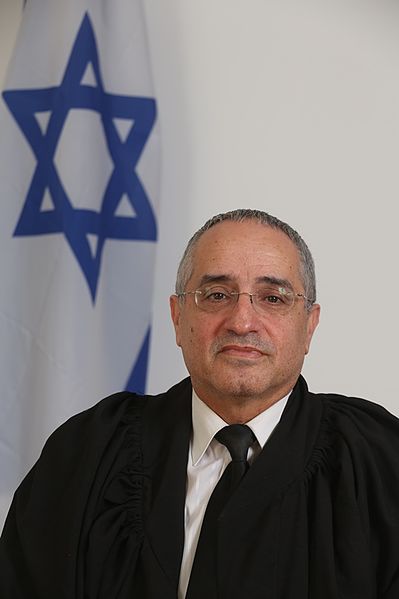
As Avraham Elyakim said, “For every citizen, alongside his rights, there are commitments. One of them is the significant and important commitment to maintain loyalty to the state, which is given expression also in the commitment to not carry out terror acts to harm its residents and their security. We cannot allow an Israeli citizen to impact the lives and dignity of other Israeli citizens, and whoever decides to do so in acts of terror removes himself from the general society of the country.”
It remains to be seen whether the court’s decision will serve as a deterrent to Israeli citizens who bear malice toward the state. Certainly, Deri is of the opinion that it will strengthen Israel’s quest to protect the security of its citizens from terrorists and traitors like Zayoud.
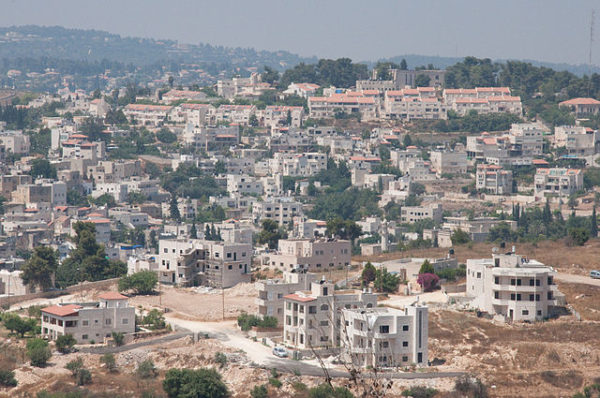
Israel’s Arab minority, consisting of 1.7 million Muslims, Christians and Druze, have generally proven themselves loyal to the country — though they do not fully enjoy equal rights in practice and though many have expressed sharp disagreement with the policies of the current right-wing government toward the Arab-Israeli conflict.
But a very small number of Israeli Arabs — the descendants of Palestinians who remained in Israel after the 1948 Arab-Israeli war — have turned to terrorism or joined the ranks of Islamic State, the jihadist organization, in the past few years.
Presumably, the decision to strip one disloyal Israeli Arab of his citizenship, while unfortunate, is broadly aimed at discouraging more Arab citizens from carrying out blatant acts of disloyalty against the nation. Israel cannot allow Fifth Columnists to subvert the state.
One can only hope that Israel’s Arab community will understand that the severe punishment meted out to Zayoud is designed to keep the people of Israel, Jews and Arabs alike, safe from the scourge of terrorism.
